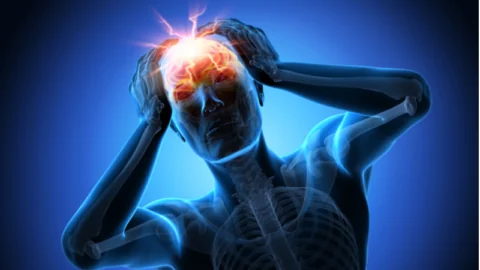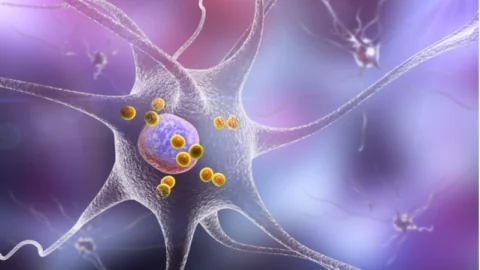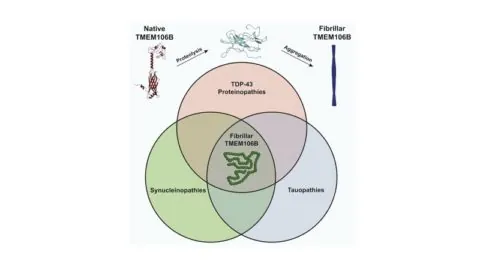April 12, 2024
Scientists have tested a novel method of providing cells with healthy mitochondria to fight Parkinson’s disease [1]. Replacing damaged mitochondria Parkinson’s disease is the second-most prevalent neurodegenerative disorder, and it affects 10 million people worldwide. The disease is age-related, as its prevalence rises rapidly in people older than 65, although some people are diagnosed much...
January 15, 2024
A new paper elaborates on how and why microglia fail to clean up the α-synuclein protein of Parkinson's disease, gradually making the disease worse. The aggregation of Parkinson's Why we Age: Loss of ProteostasisThe loss of proteostasis is the failure of the protein building machinery of the cell and the accumulation of misfolded proteins, which...
September 19, 2022
In the Journal of Inflammation, researchers from Johns Hopkins University have published a detailed review of the relationship between brain inflammation and the principal diseases of dementia. A focus on genetics and environment One out of twenty Americans over 85 have Parkinson's disease [1], and seven out of twenty have Alzheimer's [2]. While genes are...
August 08, 2022
A team of researchers publishing in Nature Communications has described nanobodies that can destroy the α-synuclein aggregates that characterize Lewy bodies, which are associated with dementia and Parkinson's disease [1]. What are nanobodies? Traditional antibody therapies, while promising in some studies, are too large to enter cells in order to affect the aggregates there [2]....
March 28, 2022
Research funded by the National Institutes of Health and published in Cell has thoroughly described a little-known amyloid aggregate that accumulates in the brains of people suffering from multiple proteostasis-related neurological disorders. Three classes of pathology, one protein fragment The authors of this study list three different classes of neurodegenerative protein disorders: TDP-43 proteinopathies, such...
January 13, 2022
A study published in Cell Reports has found α-synuclein, the fundamental protein of Parkinson's disease, to be critical in immune function. The gut-brain axis as a channel for disease Parkinson's disease, which causes damage to the portion of the brain responsible for movement, is widely known to be caused by the aggregation of α-synuclein. This...






